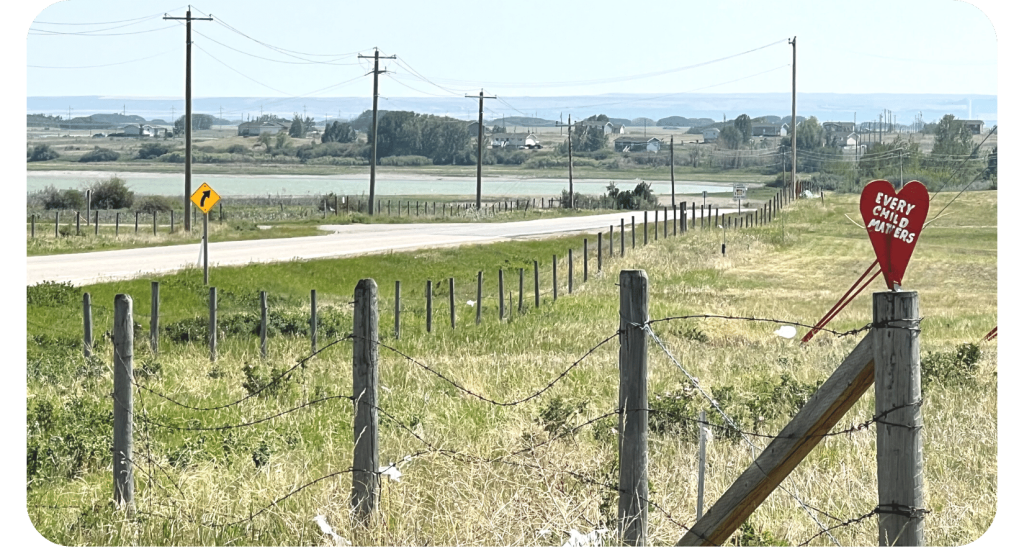Truth and Reconciliation
In 2015, the Truth and Reconciliation Commission (TRC) delivered a multivolume report, which made 94 Calls to Action to further reconciliation, of which 7 are directed to the health field and many more that require cross-disciplinary attention and action.
Health organizations have a responsibility to address the 7 health-related calls to action, acknowledge the harms caused by the residential school system, and take action to stop systemic racism and harm. A key way to do this is by earning and building authentic relationships with Indigenous Peoples and communities.

Authentic Indigenous Connections
It’s through substantive and authentic connections and relationships that we can help support culturally safe spaces where Indigenous people receive equitable health care. CPSA’s five-year strategic plan outlines our commitment to nurturing relationships that help us provide quality care in partnership with Indigenous Peoples.
We are committed to:
- authentically engaging with and listening to Indigenous Peoples, incorporating their wisdom into our work and processes.
- acknowledging the historical health inequities that have been and are experienced by Indigenous Peoples and using our legislated mandate to reduce these inequities, improving the quality of care provided by our regulated members.
- committing to actively addressing the recommendations from the TRC that relate to healthcare and CPSA’s role.
Indigenous Advisory Circle
In our commitment to taking action, CPSA established an Indigenous Advisory Circle in December 2021.
With a focus on collaboration and creating a safe space to share guidance, experiences and ideas, the Circle helps CPSA reflect on our own processes and identify how we can better support Indigenous patients and better guide the physicians and physician assistants who care for them.
Conversations with Indigenous health leaders
Dr. Esther Tailfeathers and Dr. Nicole Cardinal reflect on the challenges and opportunities for Indigenous physicians working in their home communities.
Dr. Nicole Cardinal speaks about the importance of cultural humility in health care and the impact implicit bias has on Indigenous patients.
Featured news (from CPSA’s The Messenger)
Have questions?
Phone: 780-423-4764
Toll-free: 1-800-561-3899 (in Canada)






















